The need for inclusive, sustainable travel has never been more critical. In the heart of ASEAN, LGBT Eco Hotels are emerging as destinations that offer both green luxury and a welcoming environment for all travelers. These inclusive sustainable stays prioritize diversity, equality, and environmental responsibility, providing an environment where LGBT+ travelers can relax and enjoy their vacations without worry, all while supporting sustainable tourism.
In this article, we explore the best LGBT+ friendly eco hotels in ASEAN, highlighting their commitment to sustainability, inclusivity, and community empowerment. From zero-waste initiatives to green building practices, these hotels are redefining the intersection of eco-tourism and social inclusivity, offering travelers an unforgettable, responsible experience.
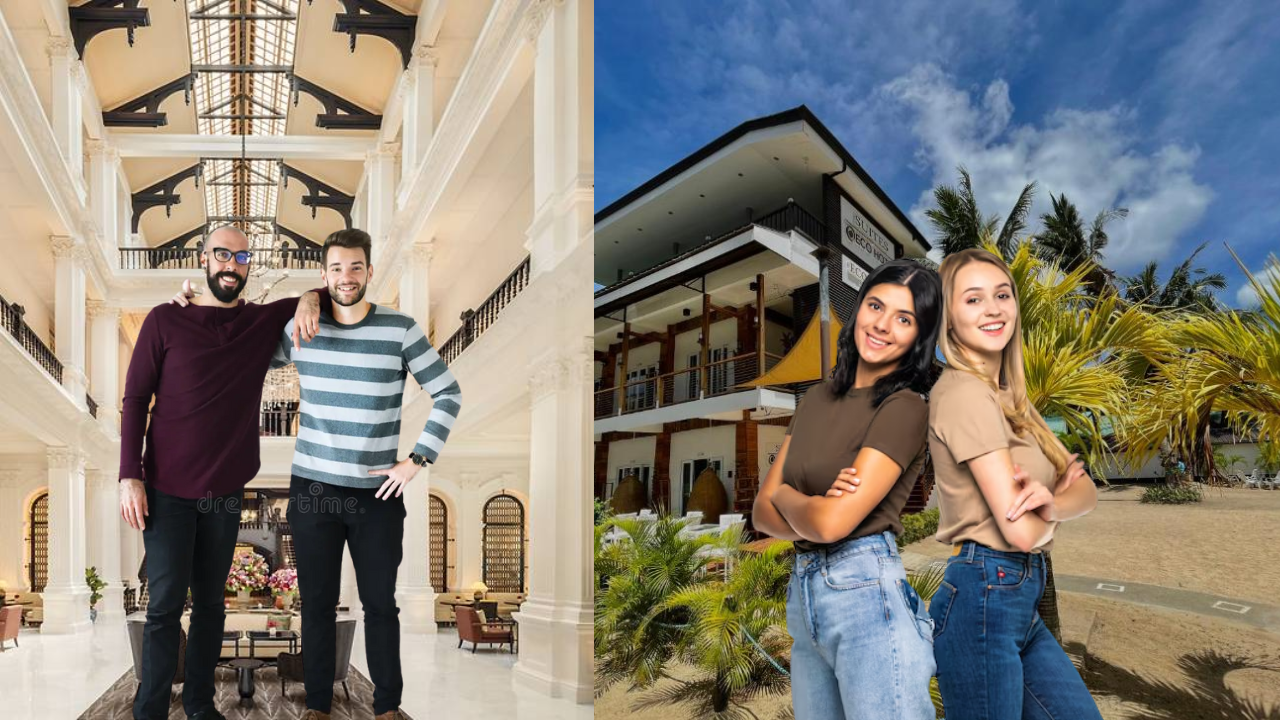
Why LGBT+ Friendly Sustainable Hotels Matter: Inclusivity and Sustainability Go Hand in Hand
The Rise of Inclusive Eco-Tourism
The tourism industry has increasingly recognized the importance of LGBT+ inclusivity, and sustainable hotels are now leading the charge in providing a safe, welcoming environment for all travelers. LGBT+ friendly eco hotels offer not just an eco-conscious stay but also a sense of belonging. By embracing diversity, these hotels ensure that every traveler, regardless of gender identity or sexual orientation, feels valued and respected.
Why It Matters:
- Inclusivity is a fundamental value that enhances the hospitality experience, especially as the LGBT+ community seeks spaces where they feel safe, accepted, and celebrated. According to Booking.com, 76% of LGBT+ travelers want to stay at hotels that openly embrace diversity and inclusivity.
- Sustainable practices are gaining traction in the hospitality industry, with more hotels adopting green certifications, energy-efficient systems, and ethical sourcing to reduce their environmental footprint.
- Diversity in sustainability means creating spaces that prioritize eco-consciousness while ensuring that people from all backgrounds, identities, and orientations feel comfortable and respected.
Top LGBT+ Friendly Sustainable Hotels in ASEAN
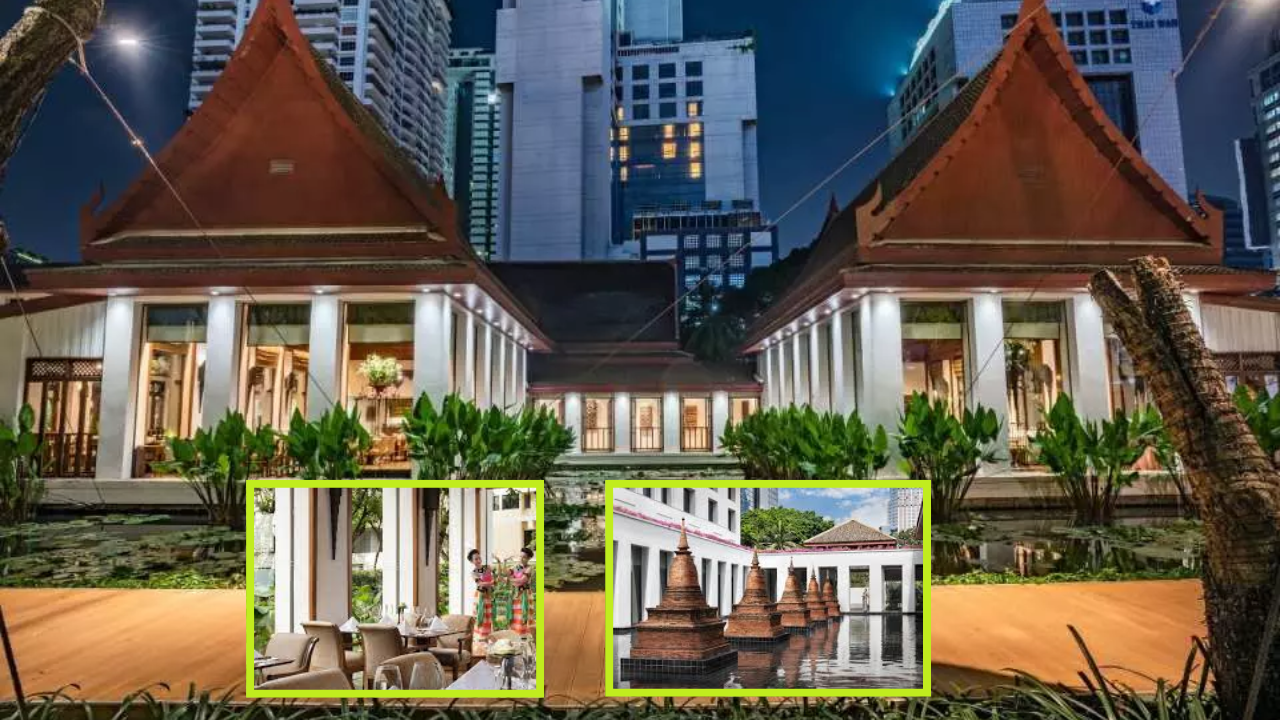
1. The Sukhothai, Bangkok, Thailand
Why It’s Great: The Sukhothai in Bangkok is an LGBT+ inclusive eco-hotel that offers luxury and sustainability in the heart of Thailand’s capital. The hotel is committed to providing a welcoming environment for all guests, with a focus on green practices and sustainable hospitality.
Eco-Friendly Features:
- LEED-certified green building, with energy-efficient lighting and solar panels.
- Organic garden that supplies fresh produce for guests.
- Waste reduction programs, including composting and recycling.
- Inclusive policies that ensure the hotel is a safe space for all travelers, including the LGBT+ community.
What Makes It Special: The Sukhothai combines luxury, comfort, and sustainability while fostering a diverse and inclusive environment. With Bali-inspired spa treatments, gourmet dining, and eco-conscious design, it offers a luxurious stay with a strong commitment to the LGBT+ community.
- Key Statistic: Thailand is a leader in LGBT+ rights and inclusivity, with over 40% of hotels in Bangkok now offering eco-friendly and inclusive accommodations (Thai Tourism Authority).
🌍 Explore & Reserve with Pride on Verified Eco-Hotels Today
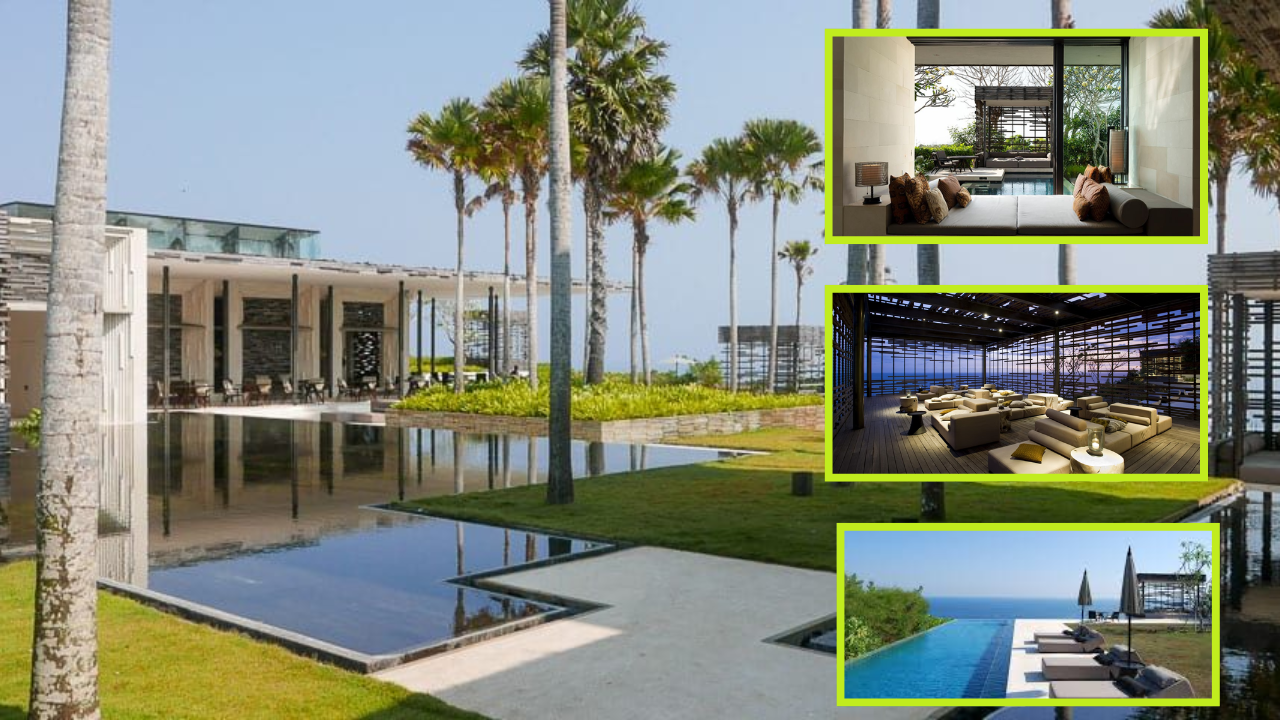
2. Alila Villas Uluwatu, Bali, Indonesia
Why It’s Great: Located on the stunning cliffs of Bali, Alila Villas Uluwatu is a LGBT Eco Hotels inclusive eco-resort known for its sustainable luxury and commitment to community empowerment. This resort offers a safe space for LGBT+ travelers while promoting green tourism through energy-efficient and zero-waste practices.
Eco-Friendly Features:
- Solar-powered energy systems and wind turbines to reduce carbon emissions.
- Rainwater harvesting and water conservation measures.
- Bamboo and reclaimed wood used in construction.
- Plastic-free initiatives, including compostable packaging and reusable glass bottles.
What Makes It Special: Alila Villas Uluwatu is renowned for its romantic retreats and eco-friendly design. It offers LGBT+ friendly services, including inclusive wellness programs, private yoga sessions, and spa treatments that encourage self-care and mindful relaxation.
- Key Statistic: Bali is a rising destination for LGBT+ travelers, with more than 30% of resorts on the island offering eco-tourism combined with LGBT+ inclusivity.
🌍 Explore & Reserve with Pride on Verified Eco-Hotels Today
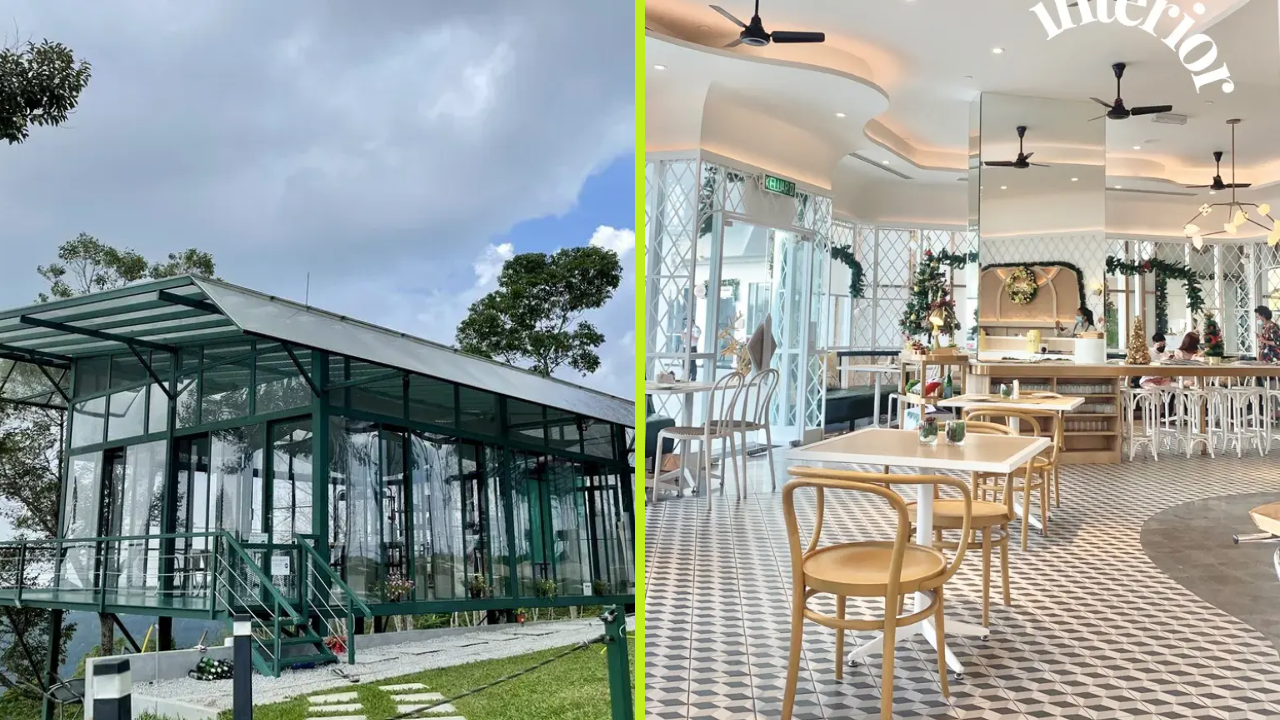
3. The Glass House, Penang, Malaysia
Why It’s Great: The Glass House in Penang, Malaysia, is a chic, eco-friendly boutique hotel that promotes sustainable living while offering a welcoming space for the LGBT+ community. Located in one of the most vibrant cities in Southeast Asia, this hotel combines modern design with green technologies, offering a seamless experience for eco-conscious travelers.
Eco-Friendly Features:
- Energy-efficient appliances and LED lighting.
- Water-saving systems including low-flow faucets and dual flush toilets.
- Locally sourced organic ingredients for the in-house restaurant.
- Inclusive policies, ensuring a safe environment for all guests, including the LGBT+ community.
What Makes It Special: The Glass House emphasizes sustainability with an urban twist. Its eco-friendly features and inclusive policies make it an ideal destination for travelers who value both luxury and social responsibility.
- Key Statistic: Malaysia is experiencing a growing interest in LGBT+ inclusive tourism, with cities like Penang becoming increasingly LGBT+ friendly and welcoming for travelers from all backgrounds.
🌍 Explore & Reserve with Pride on Verified Eco-Hotels Today
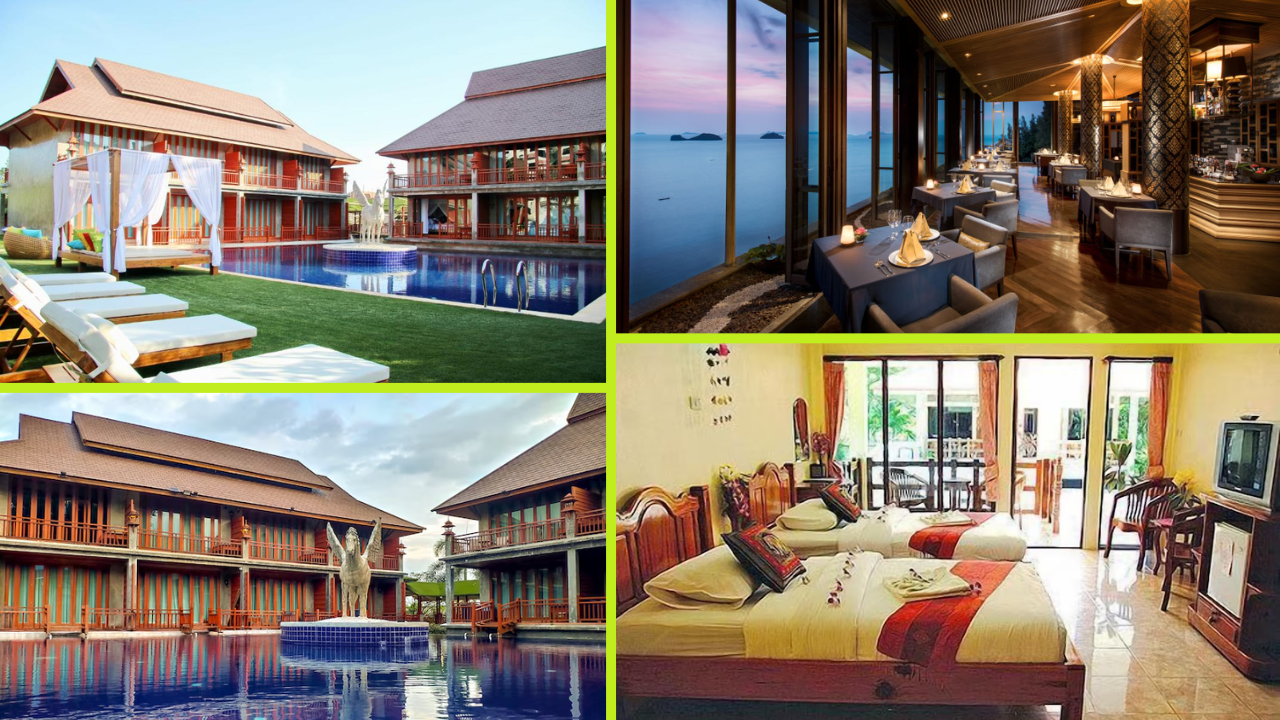
4. The Chaya Resort, Koh Samui, Thailand
Why It’s Great: The Chaya Resort in Koh Samui offers luxury with a commitment to sustainable tourism and inclusive travel. The resort provides an ideal escape for LGBT+ travelers, offering eco-luxury accommodations in a serene, natural environment.
Eco-Friendly Features:
- Eco-friendly spa treatments using organic products.
- Energy-efficient lighting and solar-powered systems.
- The resort works closely with local communities to offer fair-trade products and eco-friendly experiences.
- Inclusive and respectful policies that ensure an open, welcoming space for all.
What Makes It Special: The resort’s focus on inclusive sustainability ensures that guests of all identities can feel comfortable and valued, while its eco-conscious practices make it a standout in Thailand’s eco-tourism landscape.
- Key Statistic: Thailand’s eco-tourism market is growing rapidly, with over 30% of hotels now focusing on LGBT+ inclusivity and sustainability.
🌍 Explore & Reserve with Pride on Verified Eco-Hotels Today
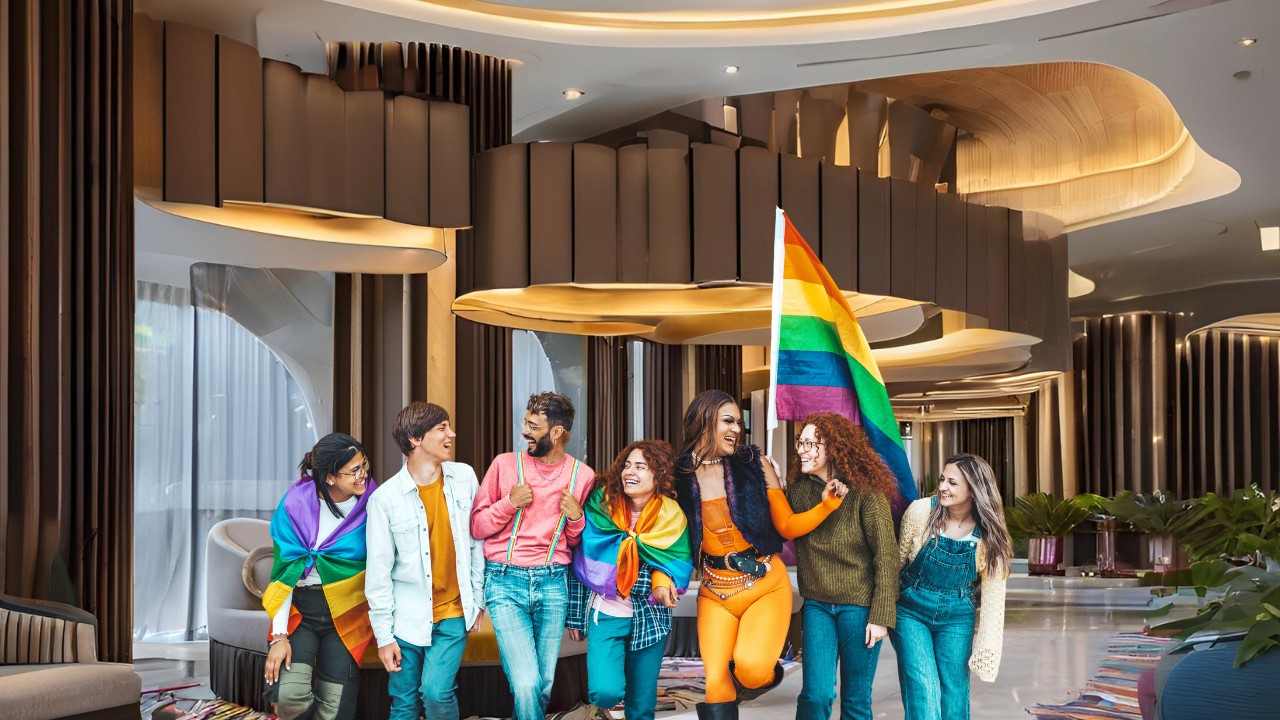
The Future of LGBT Eco Hotels Sustainable in ASEAN
A Bright Future for Inclusive, Sustainable Travel
As eco-tourism continues to grow, the demand for LGBT+ friendly and sustainable accommodations is expected to increase. These hotels will continue to serve as models of inclusivity and sustainability, paving the way for a new era of responsible travel. The future of LGBT+ friendly sustainable hotels is promising, with more hotels incorporating green building practices, inclusive policies, and community-focused tourism.
Emerging Trends:
- LGBT+ inclusivity will become a standard practice, with more hotels adopting policies that actively celebrate diversity.
- The rise of zero-waste and sustainable sourcing will make eco-luxury more accessible to all travelers, including the LGBT+ community.
- Smart, sustainable hotels will integrate technology to enhance the guest experience while minimizing environmental impact.
- Key Statistic: According to the UNWTO, the demand for eco-friendly and LGBT+ inclusive hotels is expected to grow by 20% annually (UNWTO).
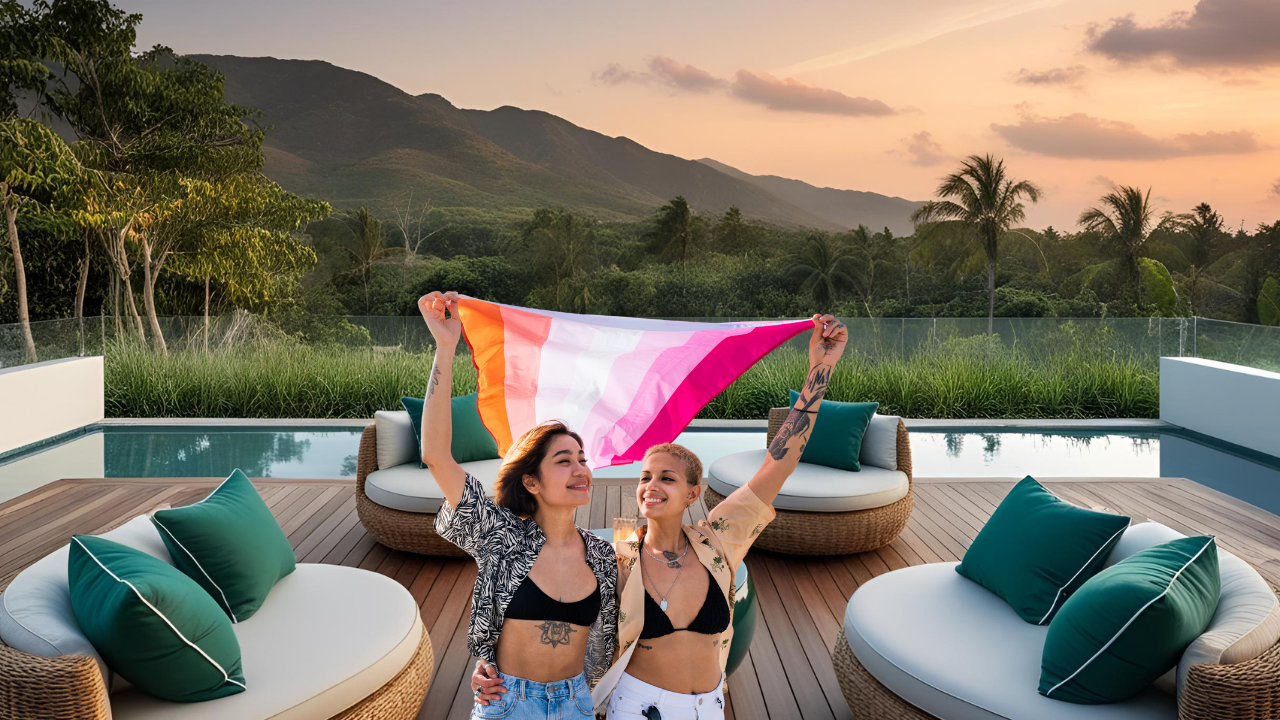
Conclusion: Inclusive Luxury with a Green Heart
LGBT+ friendly sustainable hotels in ASEAN offer more than just a place to stay—they provide an opportunity to enjoy luxury while supporting eco-conscious practices. As the demand for both sustainability and inclusivity increases, these hotels are paving the way for a future where green travel and diversity go hand in hand. Whether you’re traveling as a couple, solo, or with friends, these hotels provide an authentic and responsible travel experience for all.
Read this article also: Top 15 Sustainable Hotels Near Me in Southeast Asia









